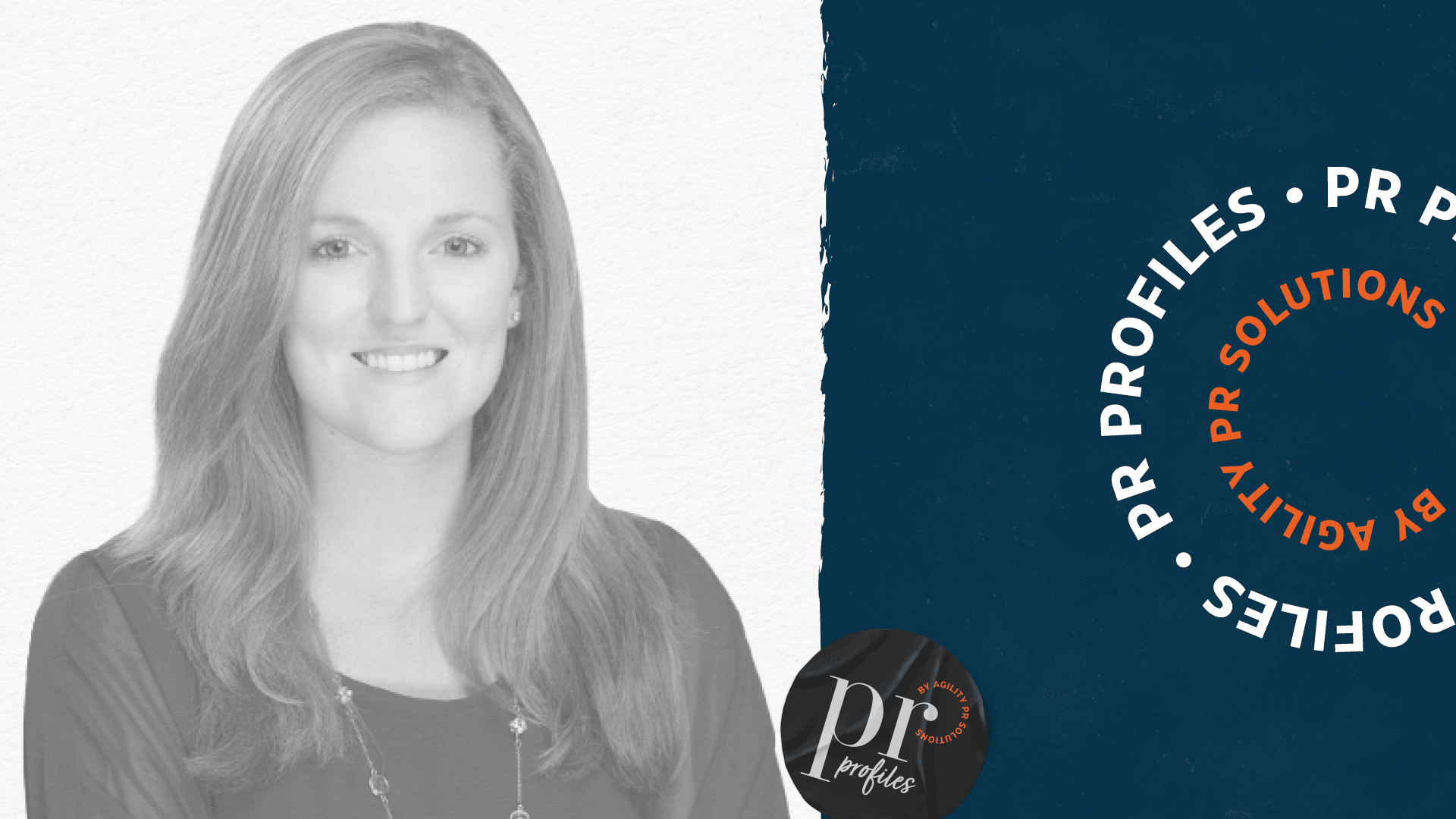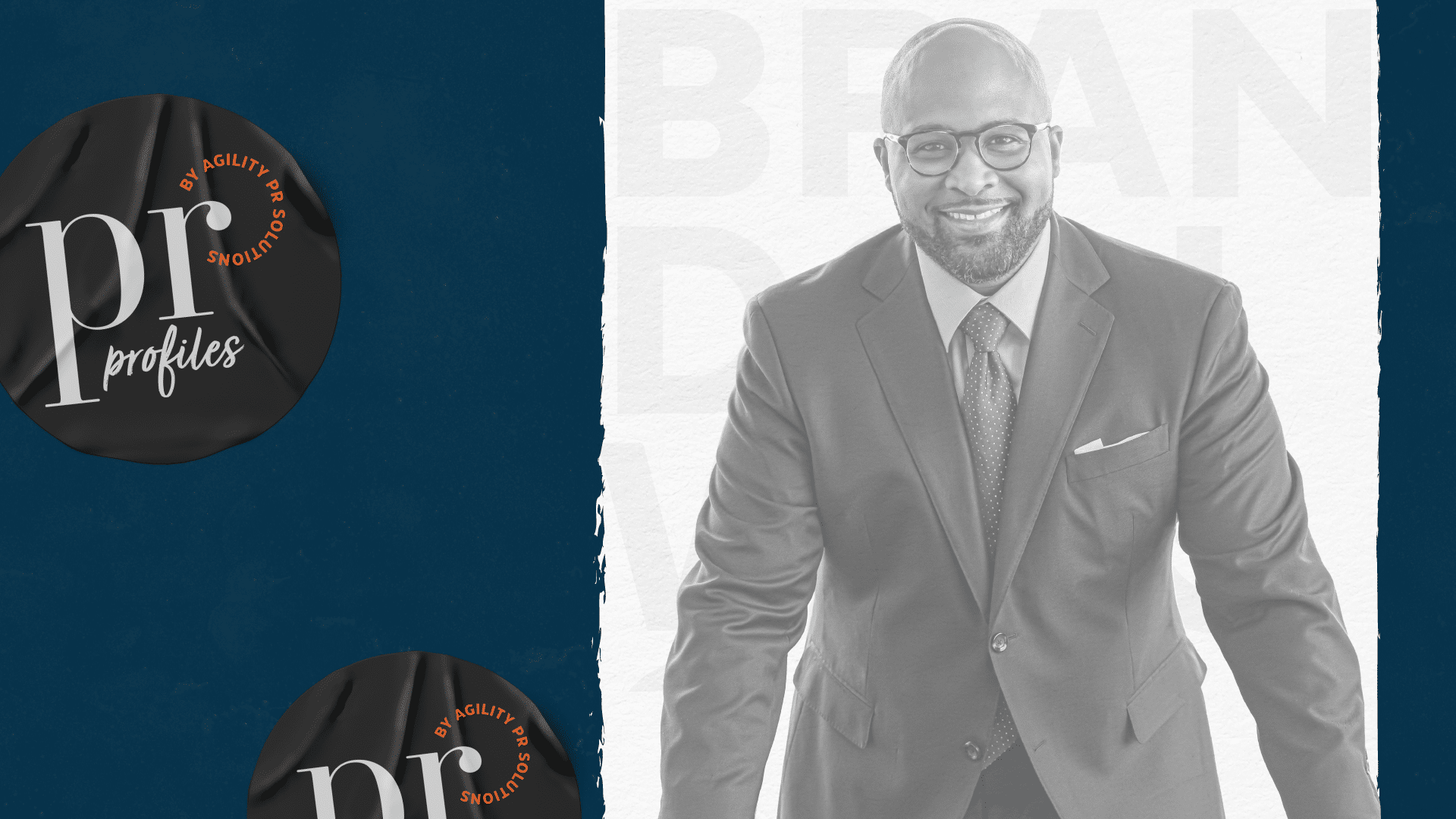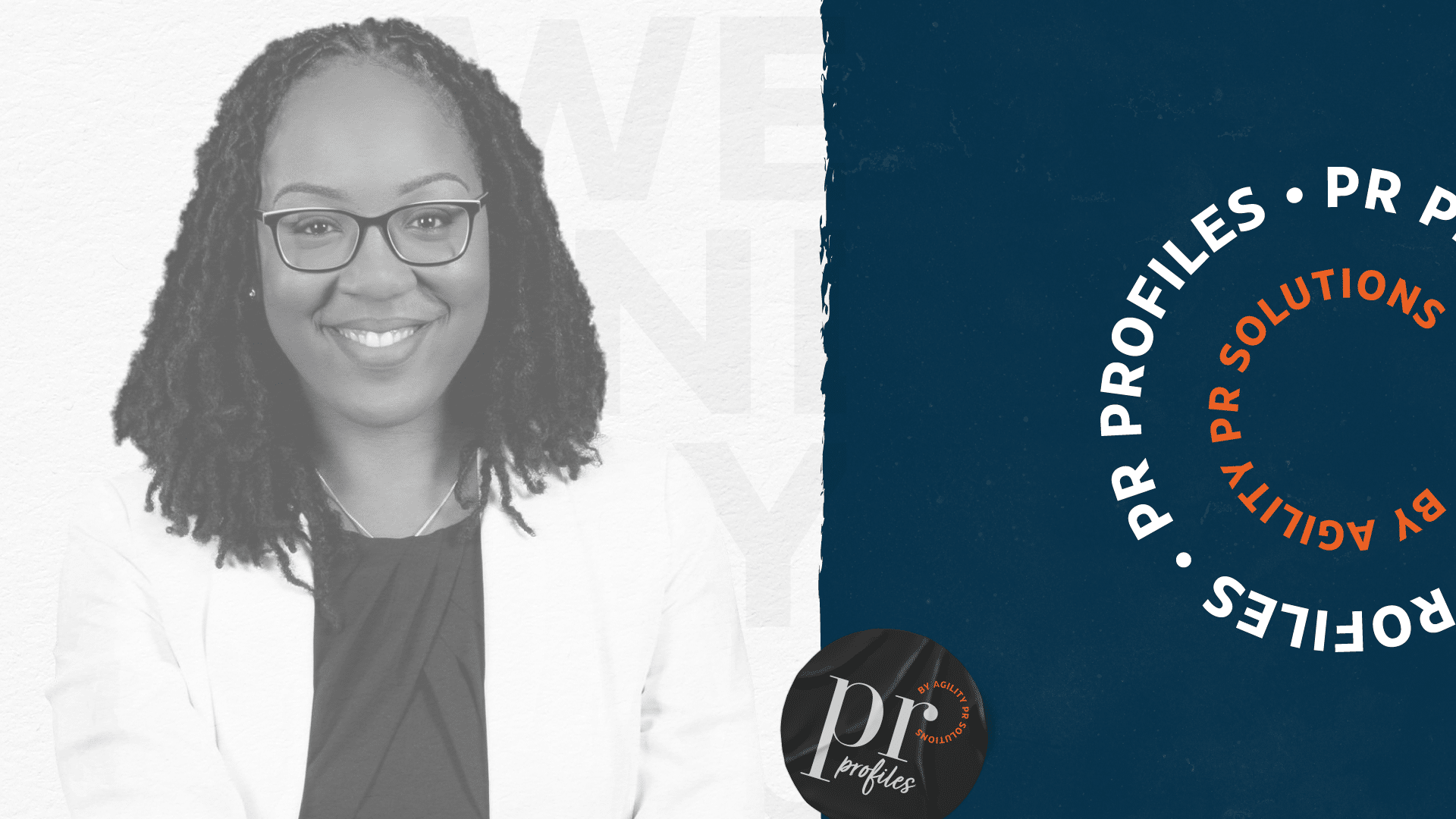Exploring the principles of impact relations and getting at the heart of brand authenticity
Eight years ago, after deciding that public relations did not accurately encapsulate her agency’s scope, Melissa Orozco, founder and Chief Impact Strategist at Yulu PR, decided to create a new industry: impact relations.
“As more PR firms came into the B Corp community, we realized that there was a bit of an identity crisis,” says Melissa during her interview for the PR Profiles podcast. “We were doing communications, but we were also doing some impact strategy and planning for our clients. And, as anyone that’s listening to this knows, there’s a fun, vibrant side of PR, but there’s a dark side too. And we wanted to make sure that there was no association between the type of communications that we were doing and spin doctoring.”
Given the current communications climate, the concern is valid. Many brands have come under fire in the past few years for greenwashing and putting out “purpose-driven” PR campaigns that consumers find inauthentic. “We want to make sure that it is being done correctly,” says Melissa. “That’s where the Impact Relations Institute comes in.” Formerly known as the Global Impact Relations Network, the Institute educates communicators on how to leverage their skills and tools to drive positive change.
“There’s a careful process that we always recommend people go through,” says Melissa. “It’s not black and white—every strategy is going to be approached a little bit differently.” In her experience, the biggest mistake organizations or agencies make when trying to execute a purposeful strategy or campaign is not bringing in people with relevant lived experiences. “We go into great detail at the Institute about how to bring in those lived experiences and those reputable consultants to partner with,” says Melissa. “One of the SDGs is collaboration and partnerships and it’s often overlooked, but it’s so important that organizations partner with the right subject matter experts to do this important kind of work.”
As an example, Melissa shares a project that Yulu is working on. “We’re doing a really big campaign with Audible called the Indigenous Writers’ Circle,” says Melissa. “It’s really great that Audible is doing this because they’ve got a listening platform and they’ve got a wide audience and we want to leverage their platform for positive change. We’re doing something that is on brand given what their product is, but they’re not experts on reconciliation. So, we bring in a reconciliation expert and we bring in established indigenous authors, writers, and creators to be mentors for this program. There’s a very careful process of making sure we’re engaging the right community partners to ensure the campaign resonates and that we’re being sensitive to any experiences that people in the program might be going through.”
Everyone who works at Yulu is a trained impact strategist. “Up until the last three years, we’d always hire people with communications as their background and then we would teach them impact strategy,” says Melissa. Now, the agency’s hiring practice is 50/50. They also bring on individuals with backgrounds in fields like not-for-profit, philanthropy, and sustainability- or social justice-related academia and research and then teach them communications skills. “We have subject matter experts in many different aspects,” says Melissa. “This is an opportunity for us to all learn from each other.”
The full interview with Melissa is available as a podcast on Spotify, Apple Podcast, and other major platforms.







